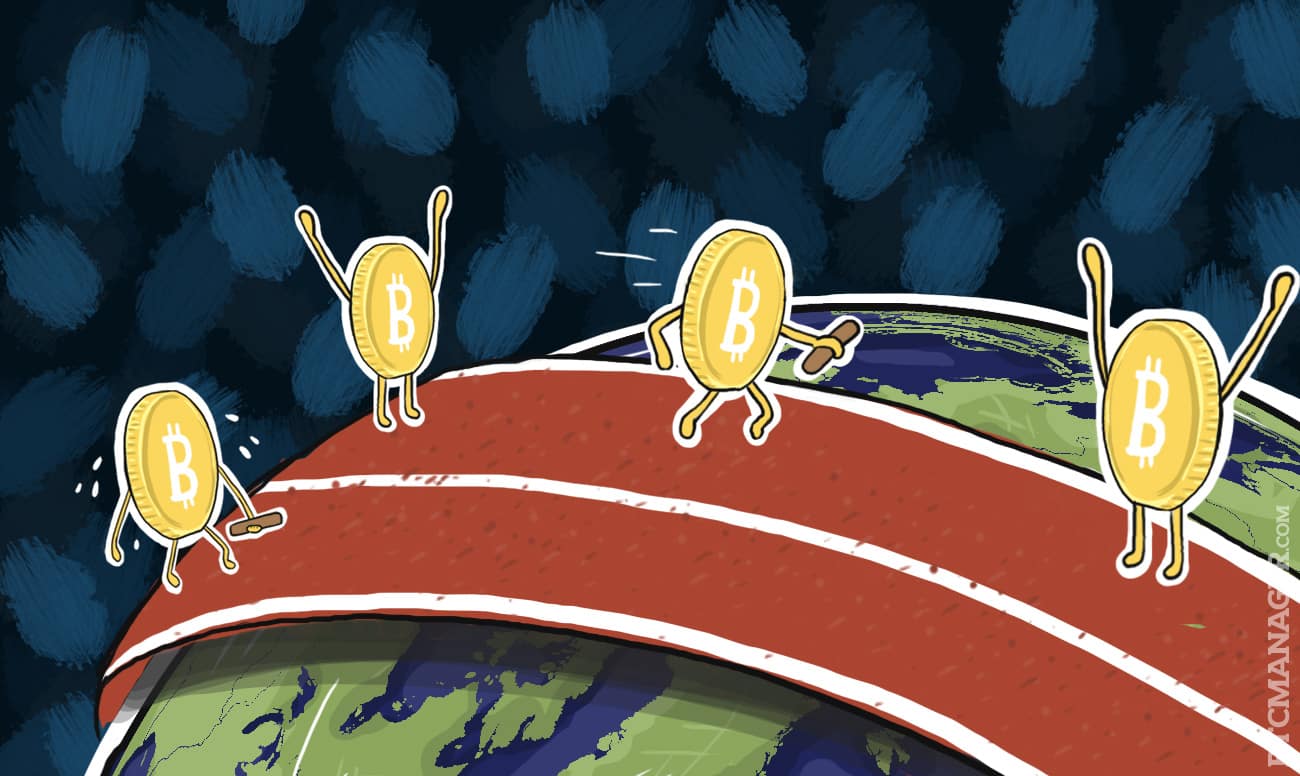Bitcoin-NG Whitepaper Proposes A Scalable Blockchain Protocol

Bitcoin-NG, a proposal that came to fruition from the works of Ittay Eyal, Adam Efe Gencer, Emin Gun Sirer, and Robbert van Renesse, recently had their whitepaper titled “Bitcoin-NG A Scalable Blockchain Protocol” published.
Bitcoin-NG is a proposed blockchain protocol aimed to relieve Bitcoin of the scalability limitations that will bottleneck the use of Bitcoin and Bitcoin services shortly. Bitcoin has managed to function just fine with a block size limit of 1MB so far, but Bitcoin’s rated transaction capacity of 7 TPS (transactions per second) will not suffice if Bitcoin is to become the widespread global currency Satoshi intended.
Many agree Bitcoin will have to increase TPS to at least 2000 TPS to match credit card company-sized capacity, but the controversy lies in what exact actions need to be taken to achieve this goal.
Two main actions to address this scalability issue have been introduced: increasing the block size limit (to 2mb, 8mb, or some other arbitrary number) and decreasing the block interval (from the standard 10 minutes to a shorter interval). In the whitepaper the authors note that neither solution is perfect, however, as “increasing the block size or reducing the block interval both lead to an increased rate of forks.”
Forks lead to a state of chaos, as the once unified blockchain has been split into multiple branches competing to become the main transaction chain once more. Forks also lead to decreased security, allowing attackers to effectively implement a 51-percent attack with fewer resources during weakened states of Bitcoin.
Increasing the block size introduces new problems of its own, demanding extra resources from the nodes. This will, of course, mean nodes that once were able to support the Bitcoin network can no longer handle the bandwidth and storage requirement, thus increasing centralization (as fewer peers can participate), and overall peer numbers drop (increased costs from storage and bandwidth will discourage peers).
Instead of relying on a combination of the two suggested course of actions listed above, Bitcoin-NG works by “inverting the behavior of the blockchain.” Bitcoin transactions work by submitting a block every 10 minutes to the network that contains all transactions that occurred in the 10 minutes before hand while Bitcoin-NG would function by electing a leader every ten minutes that would handle vetting any future transactions until the next leader is chosen.
Leaders would be elected through mining what they call “key-blocks” that are generated in the same matter and at the same rate as regular Bitcoin blocks. Instead of mining for coins, participants are mining for the privilege to be the epoch leader; epoch leaders handle signing the microblocks (which contain the transactions) with their private keys, allowing the bottleneck to be decreased from several minutes to however fast the leaders can sign microblocks (which is in the millisecond range). This increases TPS by several orders of magnitude, giving Bitcoin the network-capability to rival, if not exceed, credit card TPS.
Problems that would have to be addressed before this could be considered ready for public use include miner incentivization and prevent double-spend attacks. If they could be addressed, however, Bitcoin-NG would be a serious contender for addressing Bitcoin’s scalability issues.
Sources: http://arxiv.org/abs/1510.02037
http://hackingdistributed.com/2015/10/14/bitcoin-ng/













